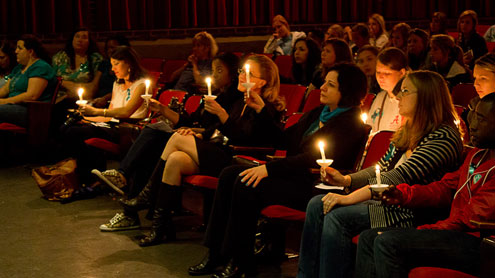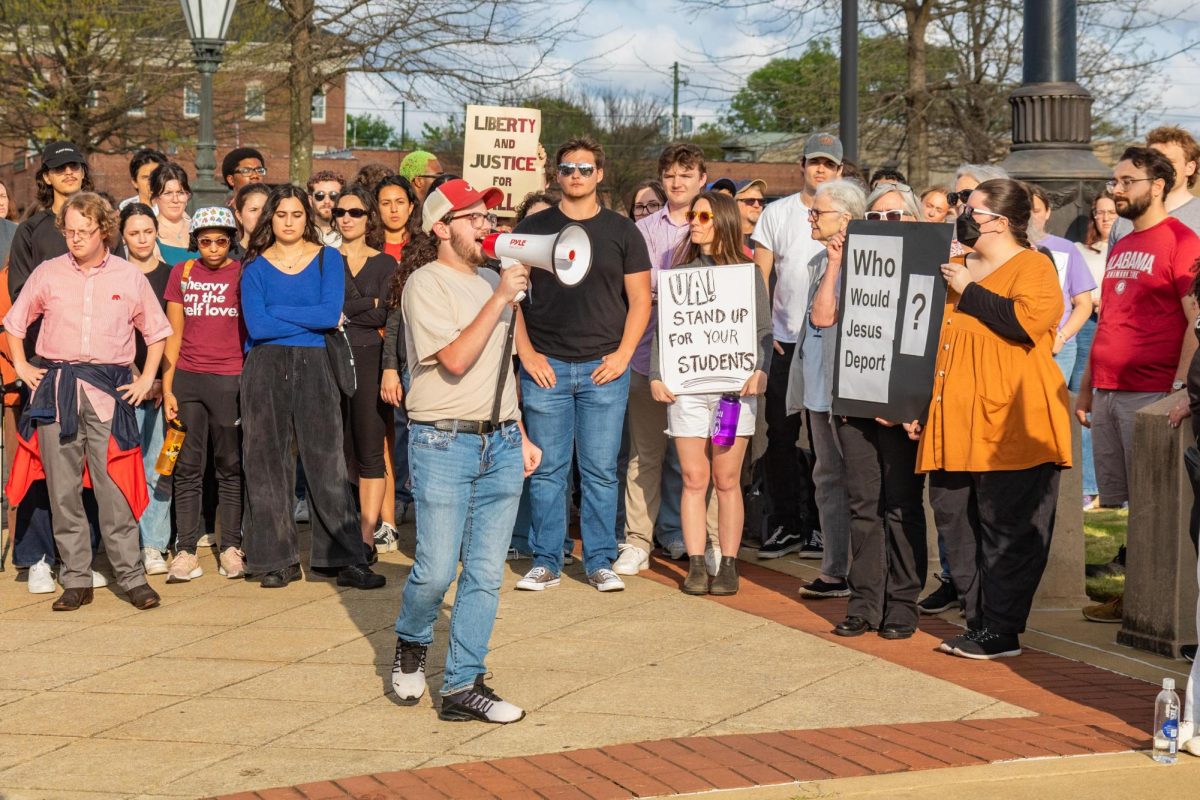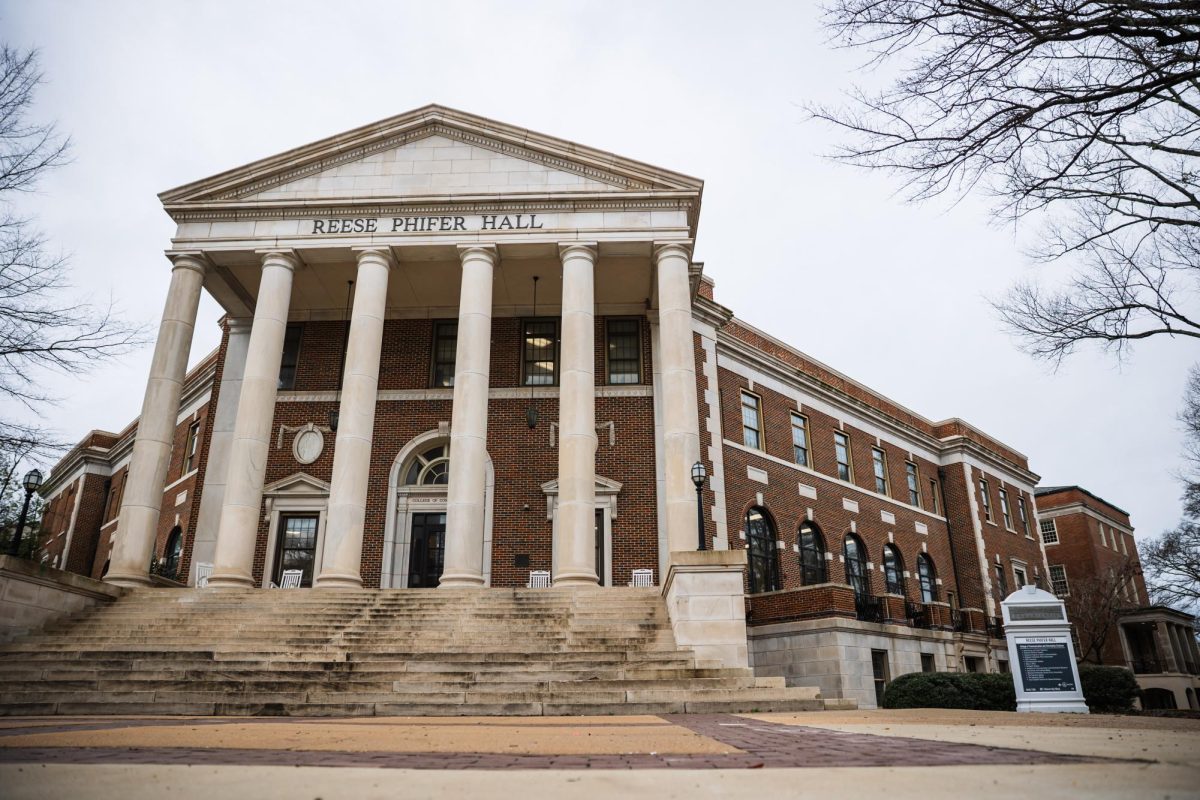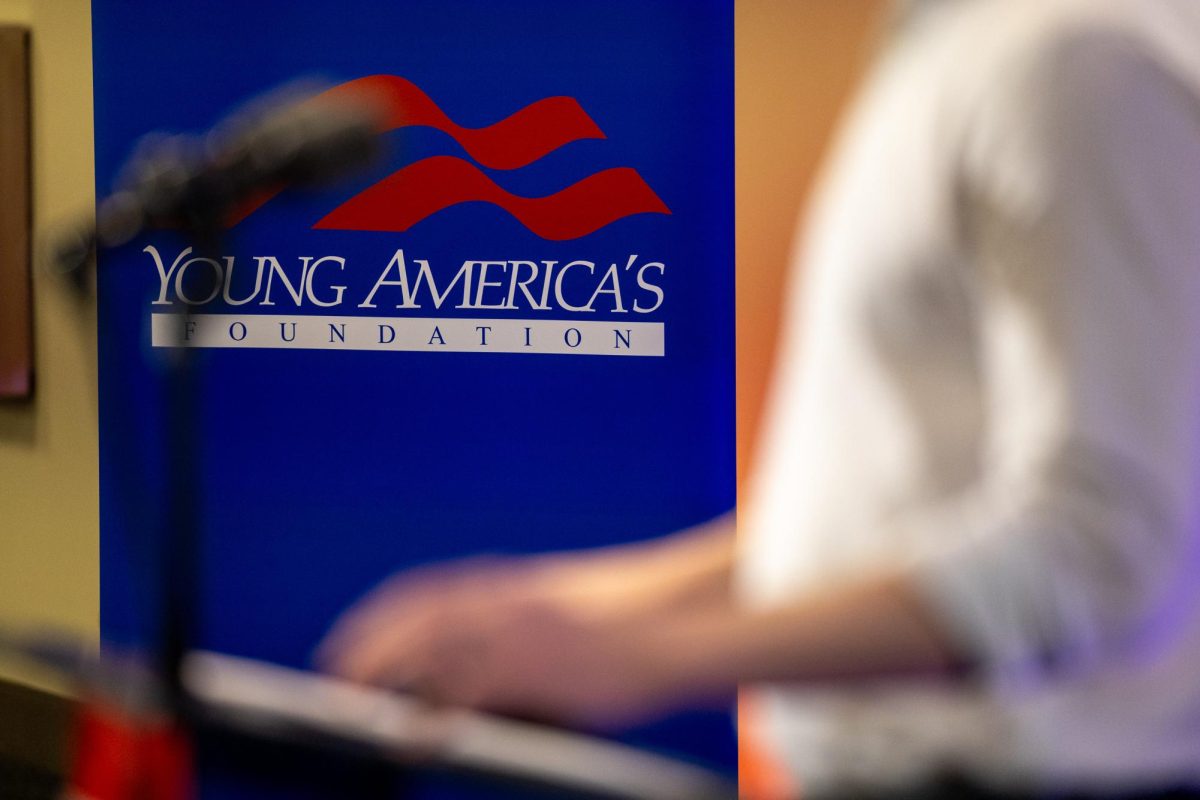While on a spring-break trip with four of her friends, a University of Alabama female student had an experience that she would never forget.
It was day three of her trip, and she was on the beach drinking with her friends when she decided to go to the bathroom. After telling her friends where she was going, she started toward the bathroom alone.
When she was done, she could no longer locate her friends. She assumed it was because she was intoxicated and didn’t correctly remember where her friends were or because her friends had wandered off somewhere.
The woman was then approached by another woman, who offered to let her come back to a hotel room with her until she could locate her friends; she accepted.
After arriving at the hotel, she lost consciousness and woke to three men in the hotel with her. The woman she had arrived with was gone, she was tied up and the men in the hotel room with her began to take off her swimsuit.
Then, she lost consciousness again. When she awoke, she found that she was no longer tied up, two of the men had left and the other was asleep.
She put her swim suit back on and fled from the hotel room. She didn’t see an elevator, so she ran down 15 flights of stairs to safety. The woman cannot say exactly what happened to her since she was unconscious during most of the incident.
This is the true story that UA student and Women’s Resource Center worker, Tiesha Salandy, told on behalf of a UA student who wished to remain anonymous at Tuesday night’s Take Back the Night event held in the Ferguson Theater at 6 p.m.
“If you don’t take away anything else from this girl’s story, take away the fact that it is very important to use the buddy system when you are out with your friends,” Salandy said. “Someone should have gone with this girl, but with drinking involved, her friends probably weren’t thinking clearly.”
Take Back the Night is a national event that happens across various campuses in America. Its aim is to bring attention to the prevalence of violence against women.
The event is held to say that violence against women, in every capacity, whether it is during the day or at night, must stop, said Jessi Hitchens, assistant director of the Women’s Resource Center.
“One in four women has or will endure sexual violence in her lifetime,” she said. “This has to stop.”
Former prosecutor and current activist Wendy Murphy said she has seen this problem many times, and it is the reason that she quit her job as a prosecutor and began working towards changing the laws that govern violence against women.
Murphy spoke about how a person can get more time in prison for armed robbery than for a sexual crime.
“We live in a country where you can get into more trouble for stealing my money than for imposing yourself into my genitals,” she said. “It’s just not fair.”
Murphy said the law is designed to facilitate sexual violence, not prevent it.
The country lacks government leadership on this issue, she said.
“We can’t just hope that everybody gets along,” Murphy said. “My problem is that when leadership matters, I can’t find it.”
The Women’s Resource Center provides counselors that are available to students who have survived violent crimes, Salandy said.
“It’s kind of hard for people to speak out about sexual or even domestic violence that has happened to them,” she said. “But, I think it is important to find someone that you trust to talk about whatever has happened to you, and that is one thing that the Women’s Resource Center does for people: It gives them someone to talk to.”









